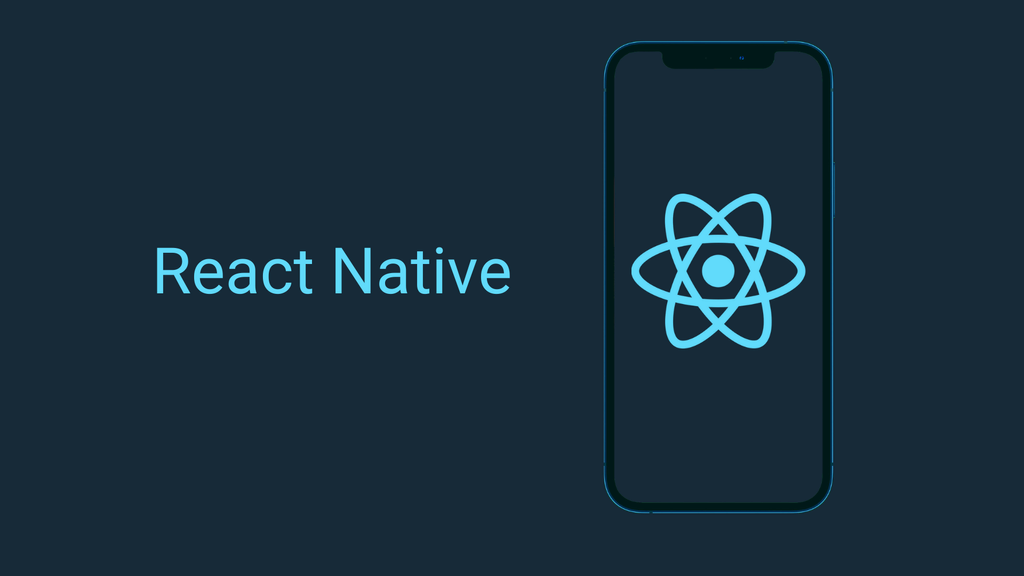How JavaScript Powers Modern Mobile Apps Development
In the near past, if you wanted to build a mobile application, you would have been required to learn platform-specific languages, e.g., Java/Kotlin for Android development and other languages, e.g., Swift/Objective-C for iOS development. But in these days, JavaScript, the language of the web, has become a great tool that will help you in mobile application development too. Because of modern frameworks, JavaScript developers can now use their JavaScript skills to build apps that run smoothly on both Android and iOS and sometimes even on the web.

How JavaScript Makes Mobile Development Easier?
1. Write the code once, and run it everywhere
Modern JavaScript frameworks, e.g., React Native, Ionic, and NativeScript, allow JavaScript developers now to write a single codebase that works across different platforms (Android/iOS), which makes the development process smoother, faster, and easier to make updates and fix bugs. Another benefit of using JavaScript frameworks is that there is shared logic between web and mobile apps.
2. Near-Native Performance
No one can ignore that the early versions of hybrid apps were having problems and struggled to have better performance, but modern JavaScript engines and optimized frameworks now deliver smooth experiences. React Native, as an example of these frameworks, compiles JavaScript to native components so your app feels just like one built with Swift or Kotlin.
3. Access to Native Features
JavaScript mobile frameworks, e.g., React Native, provide bridges to native device capabilities, including camera and GPS access, pushing notifications, biometric authentication (Face ID, fingerprint), and also offline storage. And this means you can build full-featured apps without deep platform-specific knowledge.
JavaScript Frameworks for Mobile Apps
1. React Native, which is developed by Meta/Facebook. This framework combines React’s declarative UI with native rendering; it also has strong community and third-party library support that helps learners and developers.
2. Ionic is a JavaScript framework that builds mobile applications by using web technologies (HTML, CSS, JS). It has a clear effect on the development of apps that don’t need heavy native performance.
3. NativeScript uses JavaScript or TypeScript to render truly native UIs and direct access to all native APIs. NativeScript distinguishes itself because it works with Vue.js and Angular.
When to Choose JavaScript for Mobile Apps
JavaScript is preferred for use in mobile development when you need to launch your application on both iOS and Android quickly. Your team already knows JavaScript, and your app doesn’t require heavy graphics or complex animations. Even for high-performance games or CPU-intensive apps, native development might still be better.
The Future of JavaScript in Mobile
JavaScript’s role in mobile keeps growing with trends like Serverless backends (Firebase, AWS Amplify), Progressive Web Apps (PWAs) blurring web/mobile lines and also in Machine learning integrations (TensorFlow.js)
Conclusion
JavaScript in the last few years has transformed from a web development language into a versatile tool that can be used also for mobile applications development. While native development isn’t going away, frameworks like React Native make it possible for small teams and startups to build high-quality apps faster than ever.